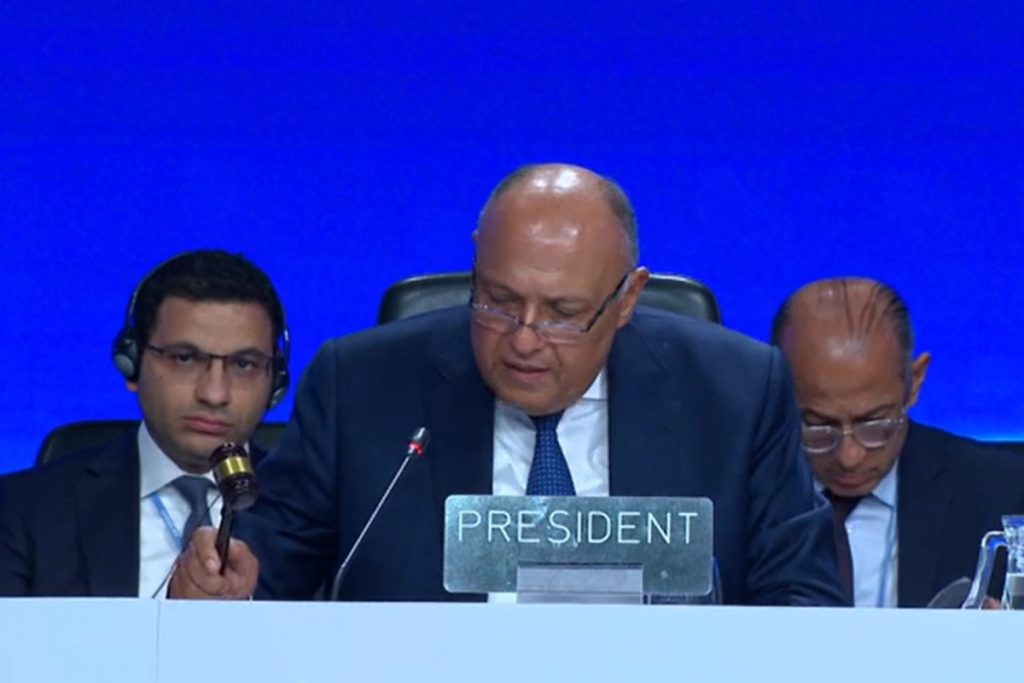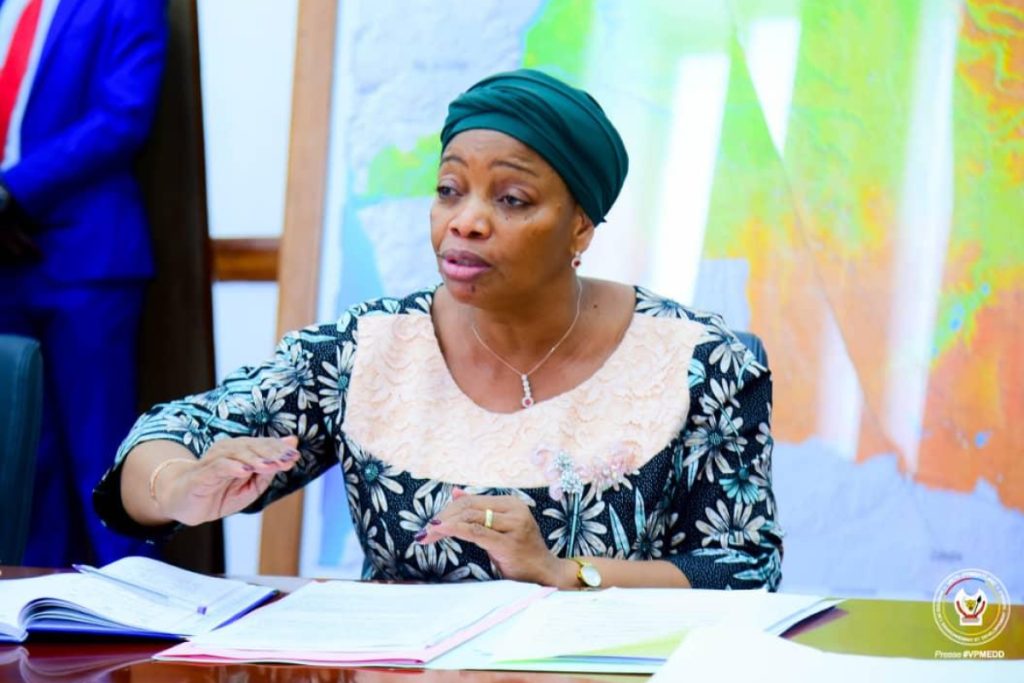The G20 Joint Environment and Climate Ministers’ Meeting took place in Bali on 31 August 2022, chaired by the Minister of Environment and Forestry of Indonesia. The annual G20 meetings are important as they often are a litmus test of climate related tensions and points of consensus that indicate issues and alliances ahead of the UNFCCC COP that follows thereafter. For the first time, representatives of the African Union were asked to join the climate talks.
This year’s G20 meeting was heavily influenced by global tensions arising from the war in Ukraine and the global energy crisis. Climate and Environmental Ministers were unable to agree to an official communique this year as a result of objections over language used on climate targets and the war in Ukraine. It has been reported by Reuters, that some countries including China objected to language to limit the global average temperature rise to 1.5oC, notwithstanding previous commitments in the Glasgow Climate Pact around this target. Apparently, China and India were in favour of language that supported a 2oC temperature goal. In lieu of a joint communique, the Chair issued a summary of the meeting. In this statement only some countries (and not all) recognised the importance of the Glasgow Pact agreement to strengthen NDC targets by September 2022.
In a meeting in Rotterdam on Climate Adaptation in Africa, shortly after the G20 on 5 September 2022, Frans Timmermans, the Vice President of the European Commission, accused “the biggest emitter on this planet”, assumedly a reference to China, of seeking to backtrack on the Glasgow Climate Pact. He continued “[a]nd some of them, even the biggest emitter on this planet, try and hide behind developing countries in using arguments that I think, at some point, are no longer viable”. He blamed the attitude of China as also being responsible for undermining adaptation efforts.
In a similar vein, the meeting of energy Ministers later in the week of the G20 failed to agree on a communique on the Energy Transition. Instead, members supported a non-binding proposal to speed up the adoption of cleaner energy, named the “Bali Compact”. It aims to strengthen domestic energy panning and implementation, boost investment and finance, and aid energy security. Talks reportedly stalled over disagreements over the war in Ukraine, which has skyrocketed energy prices and disrupted global supply chains.
In an address to G20 Environment and Climate Ministers, by COP27 President Designate and Egyptian Minister of Foreign Affairs, Sameh Shoukry, “geopolitical realities and the ensuing energy crisis” were blamed for “open[ing] the door for backtracking on climate commitments”. He stated that “it is concerning to see coal coming back as a source of energy in some parts of the world. It is equally concerning that climate finance commitments, especially the 100 billion dollars’ goal, are still lagging in implementation while the needs of developing countries continue to rise, most recently estimated by the UNFCCC’s Standing Committee on Finance to amount to 5 to 11 trillion US Dollars.” He concluded that “the role of the G20 is essential … as the biggest and the most politically and economically influential group of countries, G20 members should play a leading a role in ensuring that the challenges created by the current global situation do not serve as a pretext or justification for the continued delay in the fulfilment of climate pledges or backtracking on hard-earned gains in the global fight against climate change.”
The failure of the G20 talks point to a lack of disagreement on key issues that were resolved last year including the 1.5 degree target and the need to update NDC pledges. This does not bode well for COP27 in Egypt and indicates that, unsurprisingly, the energy crisis, the push by some countries for fossil fuel “transition fuels”, and waning appetite for more ambitious NDC targets will dominate the agenda. Unfortunately this may potentially risk obscuring or taking away the focus of discussions on other equally important African priorities, including climate finance, loss and damage and adaptation.





